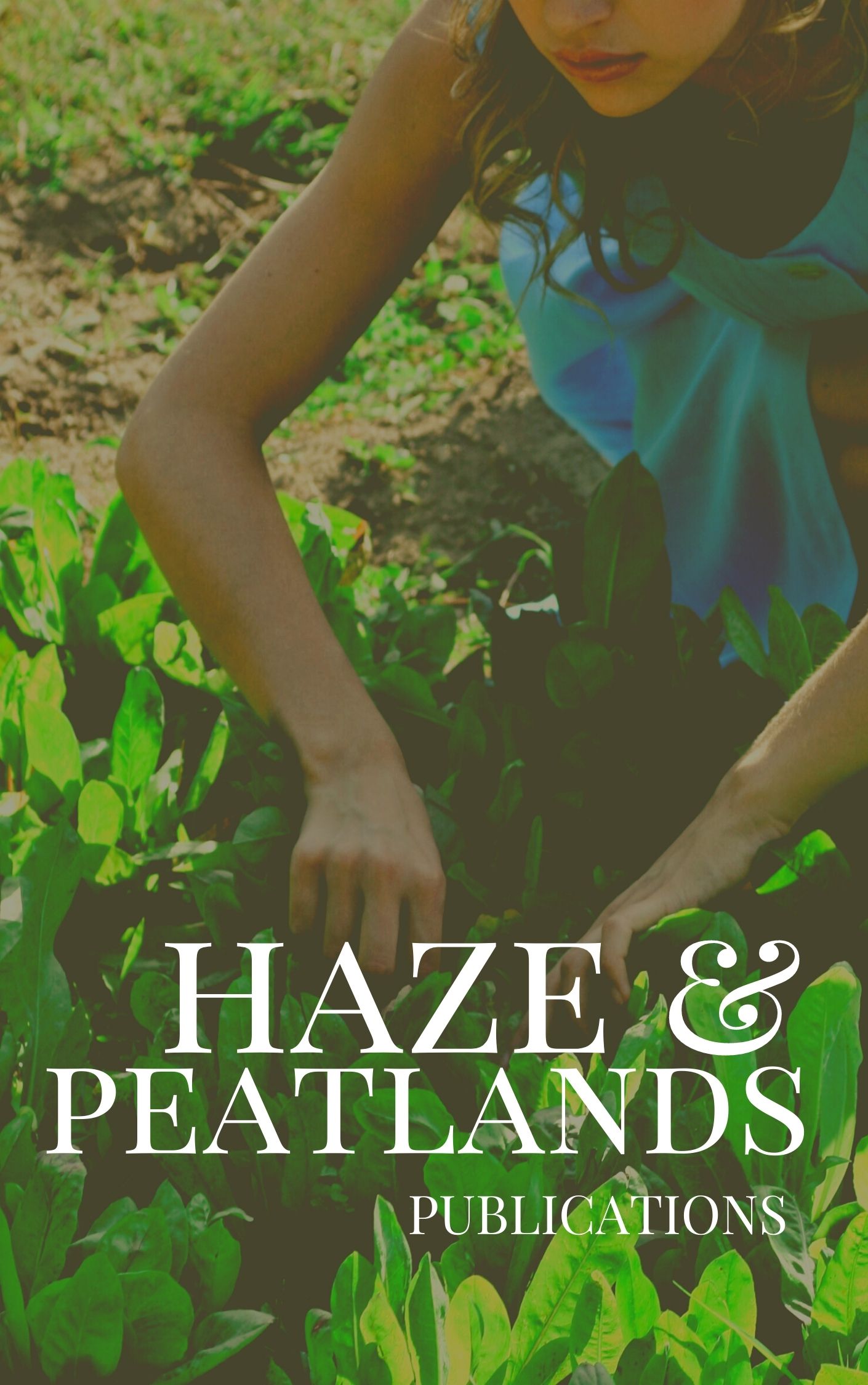This paper develops the transboundary concept of market-based commons to explore how partial and incomplete privatisation measures are contributing to the creation, operation, and maintenance of common property in agrarian societies embedded in global economies. Focusing on Indonesias Riau province, I show how transboundary publics and geographically dispersed users of peatland resources collectively engage in environmental stewardship around sustainable forms of peatland development and activities aimed at mitigating the socio-ecological costs of growth. The paper explores three types of peatland commons centred on social agroforestry using paludiculture (wet cultivation) techniques, fire mitigation strategies, and green supply chains around sustainable peatland products. I argue that while these market-based commons are still in their infancy, they inscribe a specific set of transboundary governance relationships that seek to reform rather than resist capitalism by promoting both the protective and productive functions of carbon-rich peatlands as profitable environmental goods of public value. The information, practices and views in this article are those of the author(s) and do not necessarily reflect the opinion of the Royal Geographical Society (with IBG).
View source

